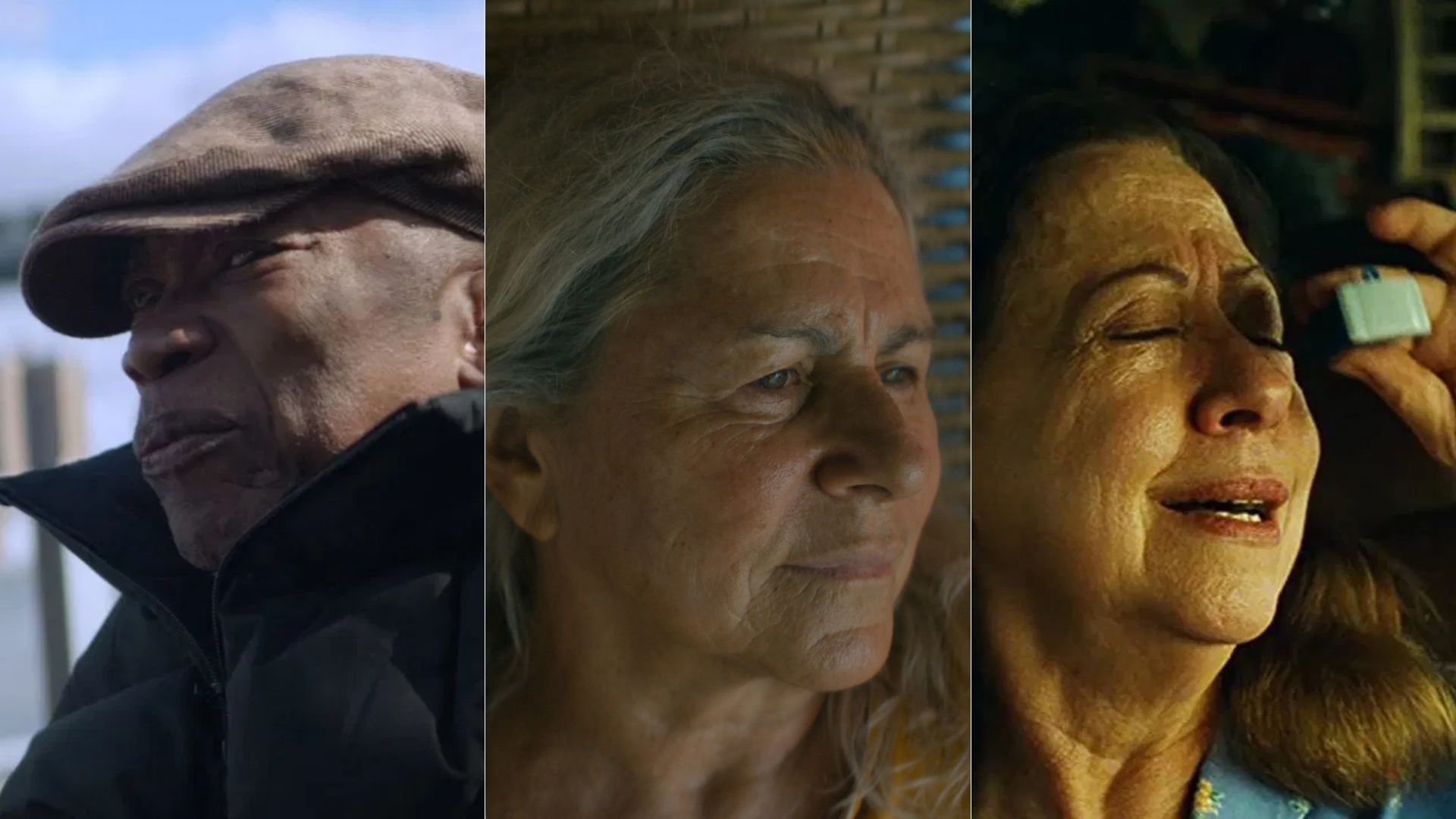From October 28th to November 2nd, the Japanese festival hosts the special exhibition “Classics: Brazil Film Week”, at the National Film Archive of Japan (NFAJ) with films such as Milton Bituca Nascimento, O Último Azul and Central do Brasil
This year, Brazil will be the country honored during the Tokyo International Film Festival (TIFF). From October 28th to November 2nd, the National Film Archive of Japan hosts the “Classics: Brazil Film Week” exhibition sessions. The program brings together six films that represent the strength, diversity and historical relevance of national cinematography, in the context of the celebrations of 130 years of diplomatic relations between Brazil and Japan. The initiative is organized by Linhas Produções Culturais, TIFF, NFAJ, the Brazilian Embassy in Tokyo and the Guimarães Rosa Institute.
There are a total of 6 films, including classics and contemporary films. Opening the selection is The Last Blue (2024), feature film Gabriel Mascarowinner of the Silver Bear at the 2025 Berlin Film Festival and unreleased in Japan. In the film, which takes place in a dystopian Brazil, 77-year-old Tereza lives her entire life in a small industrialized city in the Amazon, until the day she receives an official order from the government to move to a housing colony for the elderly. With a narrative marked by resistance and full of fantasy, the film confirms the vigor and creative power of contemporary Brazilian productions, which have Mascaro as one of their main exponents.
Another highlight is the documentary Milton Bituca Nascimento (2024), directed by Flavia Moraeswhich pays tribute to one of the greatest icons of Brazilian music. With never-before-seen images and moving testimonies, the film captures the trajectory of Milton Nascimento, known worldwide for his unique voice and his contribution to Brazilian music and culture. The film is narrated by Fernanda Montenegro, known as the grande dame of Brazilian dramaturgy.
The drama Kasa Branca (2024), by Luciano Vidigalpresents an intense story set in Brazilian urban outskirts. With a strong social and human charge, the film gives visibility to characters and realities that are often absent from the screen, highlighted by the authenticity of its narrative. A black teenager from the outskirts of Rio de Janeiro discovers that his grandmother is in the terminal phase of Alzheimer’s disease. In the drama, the young man starts to count on the help of his two best friends to face the world and enjoy his grandmother’s last days.
The exhibition also brings back a universal classic: Central Brazil (1998), from Walter Salles. Awarded the Golden Globe for Best Foreign Film in 1999, the film also received two Oscar nominations (Best Actress for Fernanda Montenegro and Best Foreign Film). Considered one of the landmarks of national cinema, the work is emotional for portraying the unlikely relationship between Dora and Josué on a journey of affection and discovery through the interior of Brazil. In the film, Dora is an embittered former teacher who makes a living writing letters to illiterate people. She pockets the money without even posting the letters. One day, Josué, the nine-year-old son of one of his clients, ends up alone when his mother is killed in a bus accident. She is reluctant to take care of the boy, but joins him on a trip through the interior of Northeast Brazil in search of the boy’s father.
Finally, Classics: Brazil Film Week pays tribute to the legacy of the master Glauber Rocha (1939-1981), showing two of his greatest classics: God and the Devil in the Land of the Sun (1964), and The Dragon of Evil against the Warrior Saint (Antônio das Mortes), from 1969. Fundamental works of Cinema Novo, these films broke aesthetic and political boundaries, consolidating Brazil on the map of world cinema after winning the Palme d’Or in Cannes in 1962 at the beginning of the same decade, for The Promise Payerfrom Anselmo Duarte.
Glauber Rocha he revolutionized cinematic language in the 1960s and 70s. His works combined innovative aesthetics and political criticism and his influence goes beyond borders and generations, inspiring filmmakers around the world. To this day, Glauber is a reference for creativity, boldness and cultural resistance.
Brazil’s ambassador to Tokyo, Octávio Henrique Dias Garcia Côrtes highlighted the symbolic and cultural relevance of the tribute to the country at the Tokyo International Film Festival. “It is an honor for Brazil to be the country honored precisely in the year in which we celebrate 130 years of diplomatic relations between our nations. This exhibition represents more than cinema: it is a gesture of friendship, mutual recognition and rapprochement between cultures. Brazil has a long-standing partner in Japan, with deep human, economic and cultural ties. Bringing the strength of our cinema to the Japanese public is reaffirming this bond. We believe that art continues to be one of the most powerful forms of dialogue between people”, he states.
Fernanda Bulhões, CEO of Linhas Produções Culturais and one of the organizers of the festival, highlights the special moment experienced by Brazilian cinema and the harmony with the Japanese public. “Brazilian cinema is currently experiencing one of its greatest moments, with recent recognition at festivals such as the Oscars, Berlin and Cannes. Bringing our cinema back to Tokyo is sharing with the Japanese public not just films, but a piece of our cultural identity. Japan has a historical admiration for Brazilian music and arts — the passion for bossa nova is an example of this, already celebrated in Tokyo at the festival in 2024. This exhibition expands this exchange, bringing the two countries even closer together, which recognize each other in the sensitivity and creative strength of culture”, he highlights.
For tickets and more information, click here.
SCHEDULE:
The Last Blue
Sessions:
· October 28th, 3pm
· October 30th, 3pm
· 01.11, at 7pm
Milton Bituca Nascimento
Session:
· Day 2.11, 4pm
Kasa Branca
Sessions:
· October 30th, at 7pm
· 01.11, at 3pm
Central Brazil
Sessions:
· October 28th, at 7pm
· 02.11, at 1pm
The Dragon of Evil against the Holy Warrior (Antônio das Mortes) Sessions:
· October 29th, at 7pm
· 10/31 at 3pm
God and the Devil in the Land of the Sun
Sessions:
· October 29th, at 3pm
· October 31st, at 7pm
READ ALSO: Fernanda Montenegro’s surprising answer about vitality at age 95
-
central Brazil
-
god and the devil in the land of the sun
-
Kasa Branca
-
Milton Bituca Nascimento
-
the dragon of evil against the holy warrior
-
The Last Blue
-
Tokyo International Film Festival
Source: Rollingstone
Emma Jack is a writer at Gossipify, covering fashion, beauty, lifestyle, and pop culture trends. She stays current on the latest trends and offers readers up-to-date information on what’s hot in the industry. With a background in fashion journalism from Parsons School of Design, she offers a unique perspective and analysis of current trends.









